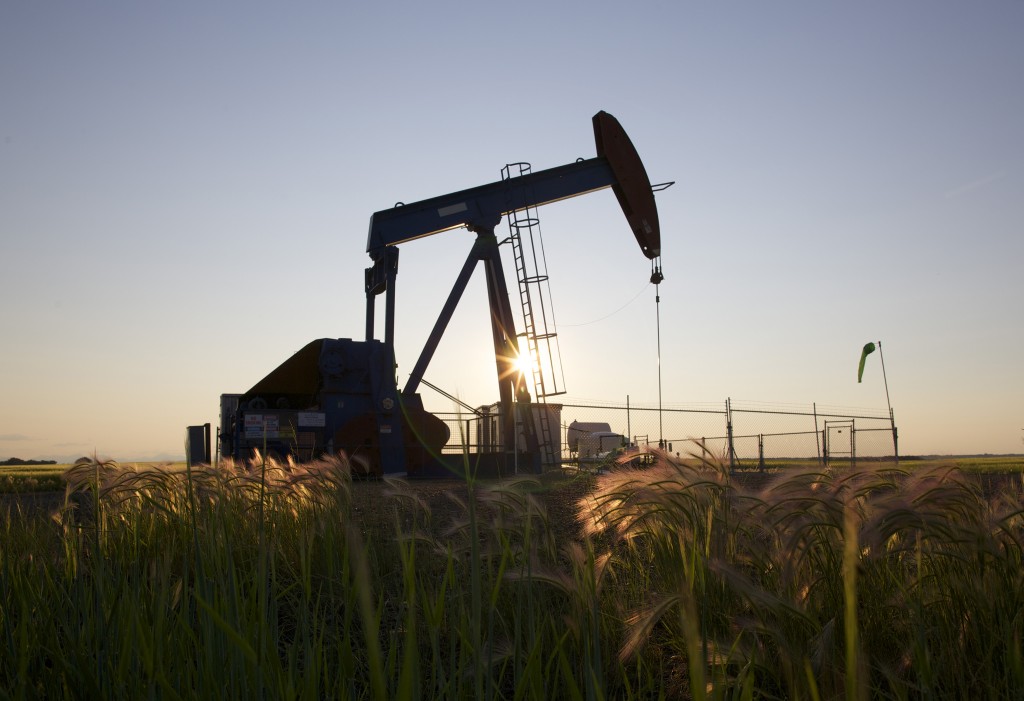Bahrain was once a rich market for pearl trade. One morning, things changed as the Japanese discovered cheaper and more productive industrial alternatives. The Bahraini main trade collapsed, the fishing boats stopped, and the Gulf region lost one of its most important financial resources.
This same story can happen again with oil, especially that alternatives have been developing and governments in a number of countries have been encouraged to support electric cars and plan to end the era of gasoline and diesel cars.
Britain, France, Germany, the Netherlands as well as India and China have announced their intention to get rid of petroleum fuels for cars. We have already witnessed how cars have replaced older means of transportation like horses and donkeys. Today, history is repeating itself.
This is what makes ideas and projects such as Vision 2030 of Saudi Arabia an existential matter because it is based on finding an alternative income for oil; otherwise, we would be in real danger.
The new area will require rationalizing a huge portion of government spending, educating people on how to manage their savings, reforming education and employment, and empowering women; or else the task will be a lot harder later on.
Although gasoline and diesel cars still have two decades in their lifespan in a number of major world markets, yet oil revenues are suffering today as prices continue to fluctuate and the alternative oil market such as crude oil expands.
This adds pressure on planners to accelerate the search for faster solutions. The economy cannot survive with these very high rates of foreign employment and local unemployment or with government support for various goods and services. All of which will make the task very difficult for the government and citizens over the next few years.
We will see the end of time for servants and drivers and the difficulty of acquiring a paid or guaranteed government job.
Planners will need to think deeply how any country can distinguish itself by means of industry or service. Does it need to head towards religious tourism or expansion of industrial oil products? Should the focus be on sciences from the early stages of education or rather on specialization and the declaration of the country in an urgent state of transition?
Nobody is aware of what is happening in the world or even doubts the need to move to a new stage relying less on oil. Therefore, announcing the inauguration of Vision 2030 came as a conscious and responsible reading before countries change history in the car industry, which will be a major blow to the oil market.
We will witness a heated race between reducing our reliance on oil resources and reducing dependence on its derivatives of car fuel.
Stopping gasoline and diesel cars does not mean the end of the oil age, but it strikes at the most important products and markets that happen to be the source of our main income.
Despite that, oil will remain a source of life in other areas for a long time. It is fuel for aircraft and ships. It operates electricity generators, runs desalination plants, used in the heating sector, used as asphalt and a key component in many industries from iron to shampoo, toothpaste, and even artificial hearts.
I have heard skeptics say that the 20-year time limit for gasoline and diesel is unrealistic, and oil will continue to be needed, arguing that the proportion of electric cars in Britain is only one per cent today. However, we have seen how the world has changed in short times and embraced modern techniques.
It may be repeated with electric cars, especially that its technology, as well as the electronic car, is moving forward with amazing speed. Hence, we must be optimistic that we are able to challenge and overcome the crisis.
